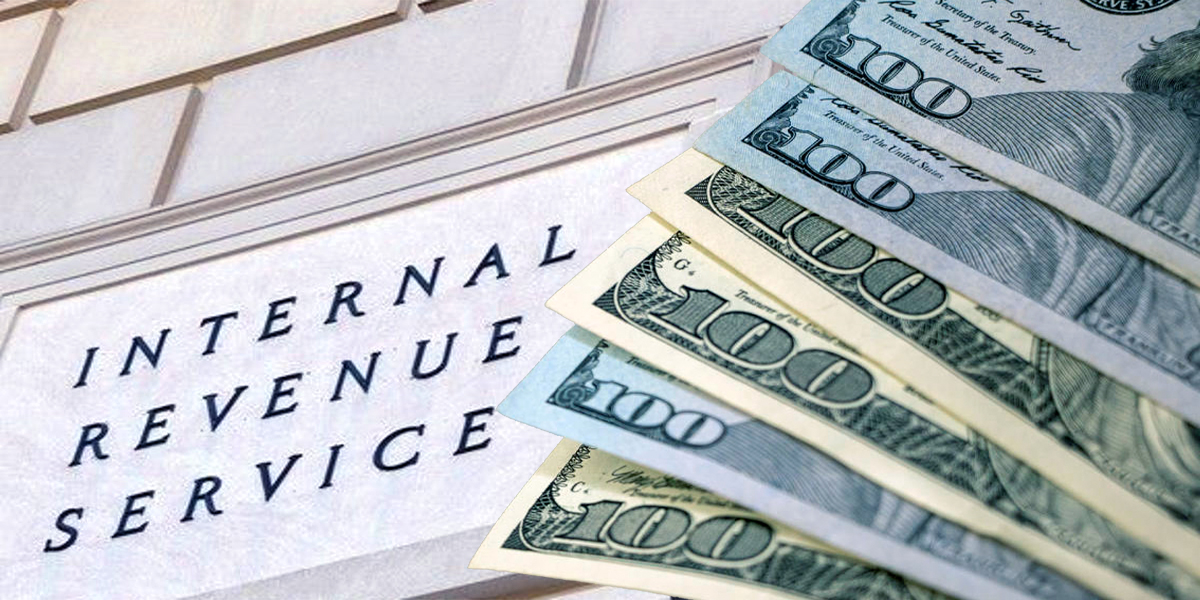Kerby Anderson
The next time you go to your bank or write a check, imagine the IRS is looking over your shoulder. That’s how some have described the latest attempt by the Biden Administration to gain even more information about your finances. You would think that your annual tax filing would be invasive enough.
No doubt you have heard about legislation being considered that would allow the IRS to review every account that has at least a $600 balance or had more than $600 of transactions within a year. Unless you are in a very specific situation, that would mean you and your family.
The justification for this invasion into your finances and into your privacy is to close the “tax gap.” That is a phrase that has been used for the last few years to describe what the government believes you should be paying in taxes and what you actually pay in taxes.
Early in his administration, President Obama formed a panel to discuss how to close the “tax gap.” This has led many commentators to criticize what they call the “tax gap myth.” And if the goal is to catch wealthy Americans engaged in tax avoidance, why is the minimum amount set at merely $600 instead of a few orders of magnitude higher?
We also might mention that this is the same IRS that initially denied tax-exempt status to Christians Engaged because the biblical principles they listed seemed to align with the Republican party. And don’t think your financial data is secure. Back in June, I talked about the fact that the hacked confidential tax records of Jeff Bezos, Mike Bloomberg, Elon Musk, and Warren Buffett were released to the public.
We can hope that common sense would break out in Congress and this provision would not become law. If you have more than $600 in a bank account, you should be as concerned about this as I am. 
 Listen Online
Listen Online Watch Online
Watch Online Find a Station in Your Area
Find a Station in Your Area









 Listen Now
Listen Now Watch Online
Watch Online
